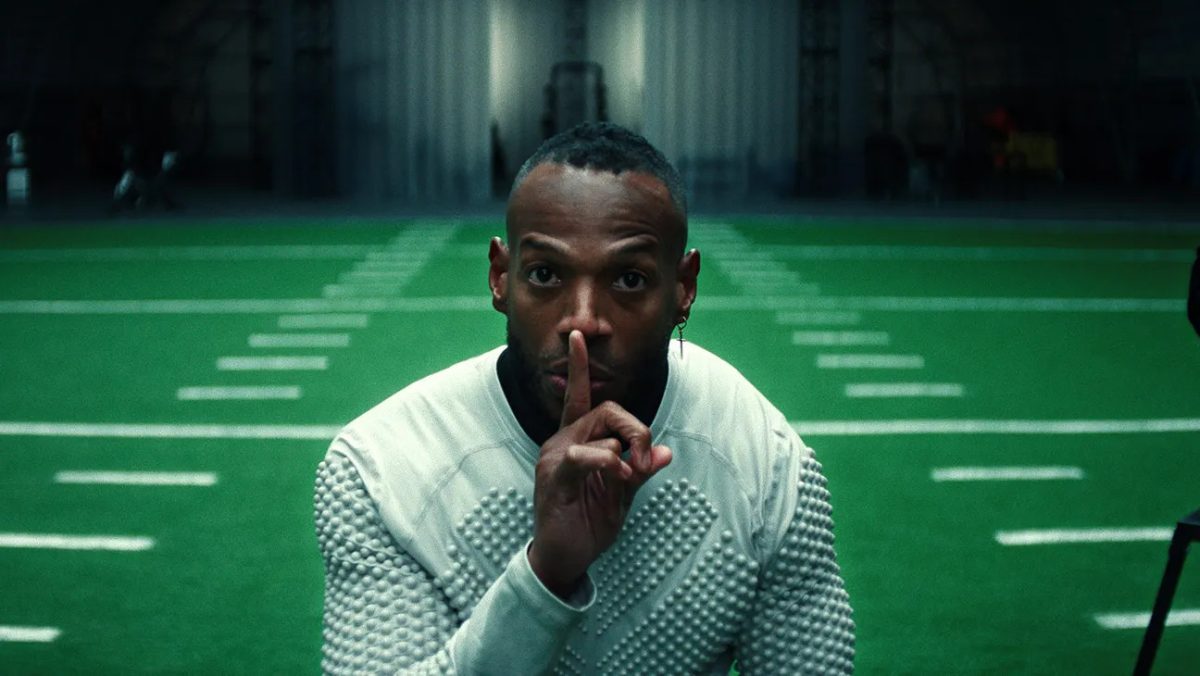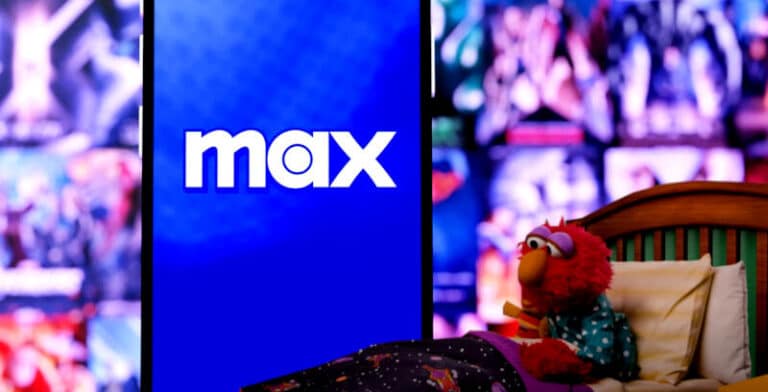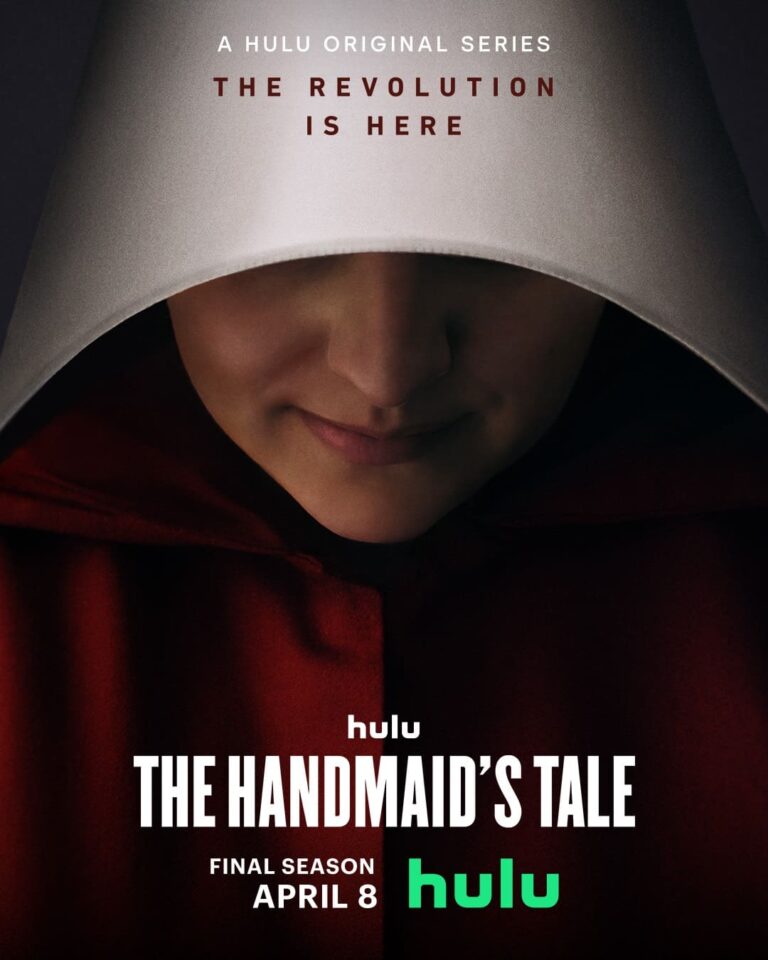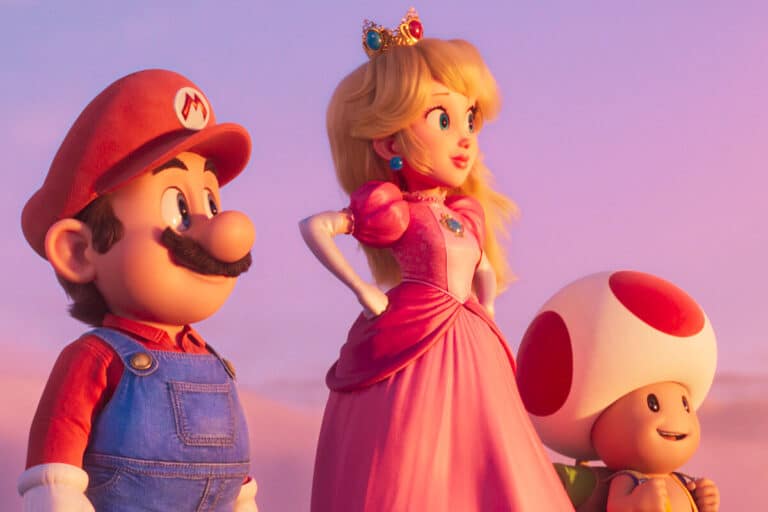Marlon Wayans Brushes Off Negative Reviews On New Movie ‘Him’
Critical reception can make or break a film’s opening weekend, but for veteran actor and comedian Marlon Wayans, a less-than-favorable critical consensus is not a final verdict. His new sports-horror film, Him, which also features producer Jordan Peele, has faced a challenging critical landscape. Despite this, Wayans has taken to social media to defend the movie, offering a nuanced perspective on art, innovation, and the relationship between critics and audiences.
This article delves into how Marlon Wayans responds to negative reviews of Him, exploring his defense of the film as a work that may be “ahead of the curve.” We’ll examine his history with critically-panned but audience-loved classics, his respect for the critical process, and his ultimate encouragement for fans to form their own opinions.
The Critical Reception of ‘Him’

Upon its release, Him was met with a wave of negative reviews from film critics. The movie, which blends the high-stakes world of professional football with supernatural horror, currently holds a 28% approval rating on the review-aggregation site Rotten Tomatoes. The audience response has also been mixed, with the film receiving a C- CinemaScore from opening-night moviegoers.
Critics have pointed to a variety of issues. Frank Scheck of The Hollywood Reporter noted that while the film “starts out promisingly, it seriously devolves in its second half into a surreal phantasmagoria that’s more gonzo than chilling.” This sentiment reflects a general consensus that the film’s ambitious genre-blending and tonal shifts did not fully connect with reviewers, leading to a polarizing reception. Despite these reviews, the film opened at number two at the domestic box office with a respectable $13.5 million.
How Marlon Wayans Responded to the Critics
In the face of this criticism, Marlon Wayans took to his Instagram account to share a thoughtful and direct message. He did not dismiss the critics but instead contextualized their role while championing the subjective nature of art.
“Just to be clear… I respect critics,” Wayans began his post. “Their job is to Critique. I respect their work. It shapes our industry. But an opinion does not always mean it’s everyone’s opinion.”
This opening acknowledges the importance of criticism in the film industry without accepting it as the definitive word on his movie’s quality. He positions critical reviews as one part of a larger conversation, not the end of it.
A History of “Classics” That Weren’t Critically Loved
A core part of Wayans’ defense rests on his own career history. He reminded his followers that some of his most beloved and commercially successful films were not well-received by critics upon their initial release. To illustrate his point, his Instagram post included a carousel of images showing the low Rotten Tomatoes scores for films like White Chicks (15%) and Scary Movie (51%).
These movies, despite being panned by critics, have since achieved cult classic status and remain popular with audiences years later. By drawing this parallel, Wayans suggests that Him might follow a similar trajectory. “I’ve had a career of making classic movies that weren’t critically received and those movies went on to be CLASSICS,” he wrote. This argument repositions the negative reviews not as a sign of failure but as a potential indicator that the film’s value may only be appreciated by audiences over time.
Innovation Isn’t Always Embraced Immediately
Wayans also framed Him as an innovative piece of art that pushes boundaries, which can often lead to initial resistance. He stated, “Some movies are ahead of the curve. Innovation is not always embraced and art is to be interpreted and it’s subjective.”
This perspective aligns with the history of many groundbreaking films across different genres. Movies that defy conventional storytelling or blend genres in unexpected ways are often misunderstood or rejected by contemporary critics, only to be hailed as influential later. Wayans’ comments suggest he sees Him as a film that challenges audience expectations, and he is willing to let its legacy play out rather than be defined by its opening-weekend reviews.
An Appeal to the Audience
Ultimately, Wayans’ message was a direct appeal to his fans and potential moviegoers. He encouraged them to look beyond the reviews and experience the film for themselves. “So don’t take anyone’s opinion just go see for yourself,” he concluded. “Love to all. Him in theaters now.”
This call to action empowers the audience to be the final arbiters of the film’s success. It’s a confident stance that trusts the movie to connect with viewers on its own terms, regardless of what critics have said. By encouraging individual interpretation, Wayans reinforces the idea that art is a personal experience, and a film’s worth can’t be summed up by a percentage score.
The way Marlon Wayans responds to negative reviews of Him offers a valuable lesson in artistic resilience. His respectful but firm defense of his work highlights a mature understanding of the film industry. By acknowledging the role of critics, pointing to his own track record, and championing the film’s innovative spirit, Wayans has turned a potentially negative news cycle into a compelling argument for why audiences should give Him a chance. His message serves as a powerful reminder that in the world of art, the audience’s voice often rings the loudest in the long run.






